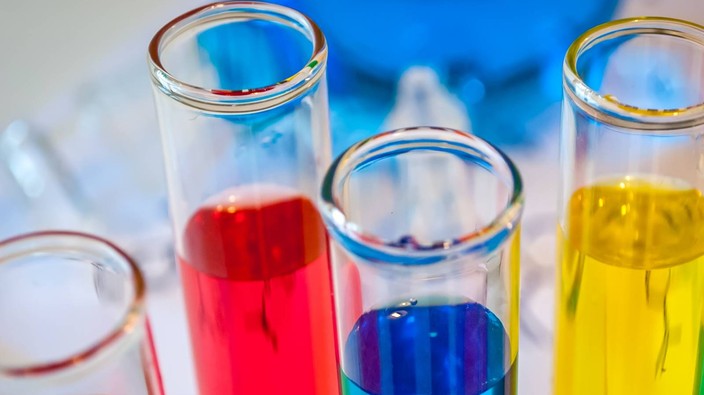while much of the world awaits their turn to get one of the various covid-19 vaccines, researchers behind the scenes are working to improve vaccine technology to enable a speedier fight against other pathogens.the use of vaccines has all but eradicated a number of diseases from polio to small pox, and now a team of scientists from three fraunhofer institutes in germany has developed a method of producing vaccines that is faster, more efficient and more environmentally friendly than the conventional production process.
the new research focused on the production process for
inactivated vaccines — vaccines comprised of ‘dead’ or inactivated viruses and bacteria — as opposed to ‘attenuated’ or live vaccines where the immune response is similar to encountering the virus itself. inactivated vaccines cannot replicate and have no chance of infecting the person with the virus they target, but they also require multiple doses to build proper immunity.the problem with inactivated vaccines is how they are produced. killing the virus before it can be used in the vaccine often involves storing it in toxic chemicals, such as formaldehyde, until the genetic information is destroyed. this can be problematic as industrial-scale production of vaccines requires a ton of chemicals which presents an obvious environmental issue. as well, the use of chemicals results in the destruction of some of the structures the immune system needs to create antibodies.killing the virus in this manner can also take weeks or months, putting a time constraint on how quickly a particular vaccine can be produced.but the experts at fraunhofer figured out a different way to inactivate viruses.“instead of inactivating the virus with toxic chemicals, we fire electrons at it. the viral particle almost completely intact. there are no chemicals that we need to dispose of, and the entire process takes just a few seconds,” said dr. sebastian ulbert of the fraunhofer institute for cell therapy and immunology izi, in leipzig, germany.the one problem the researchers had was that electrons can only penetrate liquids up to a depth of a few hundred micrometers. that means the film surrounding the viruses could only be about 100 micrometers for the method to be effective. complex equipment had to be produced to make their idea viable and two new modules were developed to overcome the issue.the researchers were then able to study viruses such as influenza, zika and herpes as well as numerous bacteria and parasites, which were all treated with electrons via the two new modules.in five to seven years, the production modules — which are the size of a refrigerator — can be integrated into pharmaceutical production, and hopefully accelerate the manufacturing of vaccines.the team earned the
fraunhofer prize for human- and environment-centered technology for their work.
 2 minute read
2 minute read








